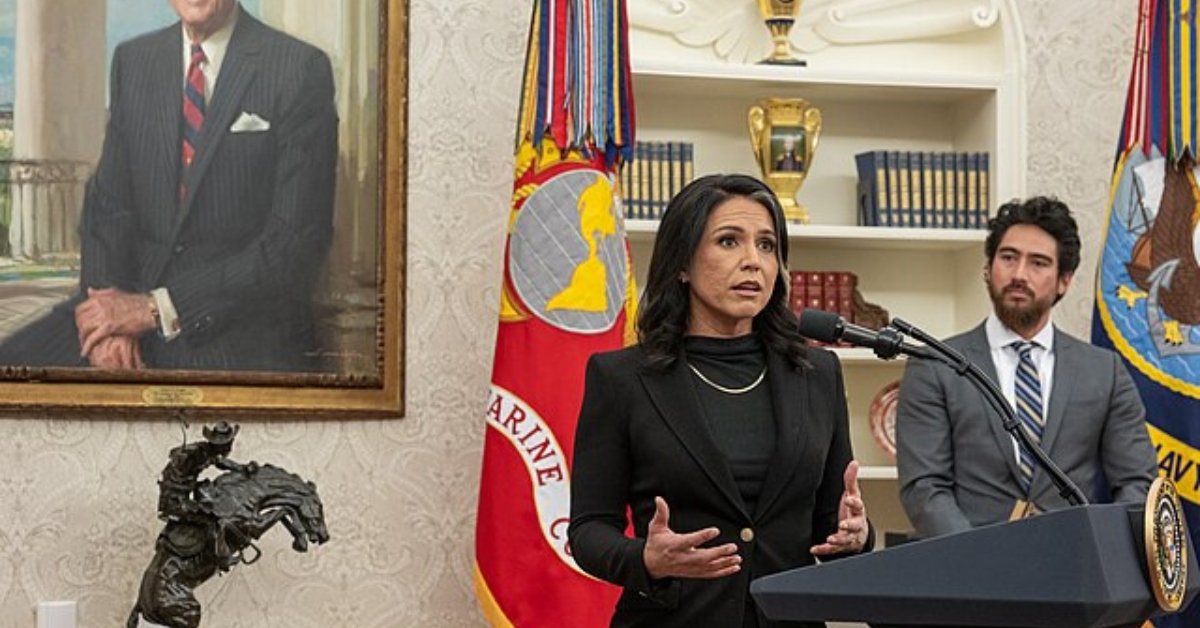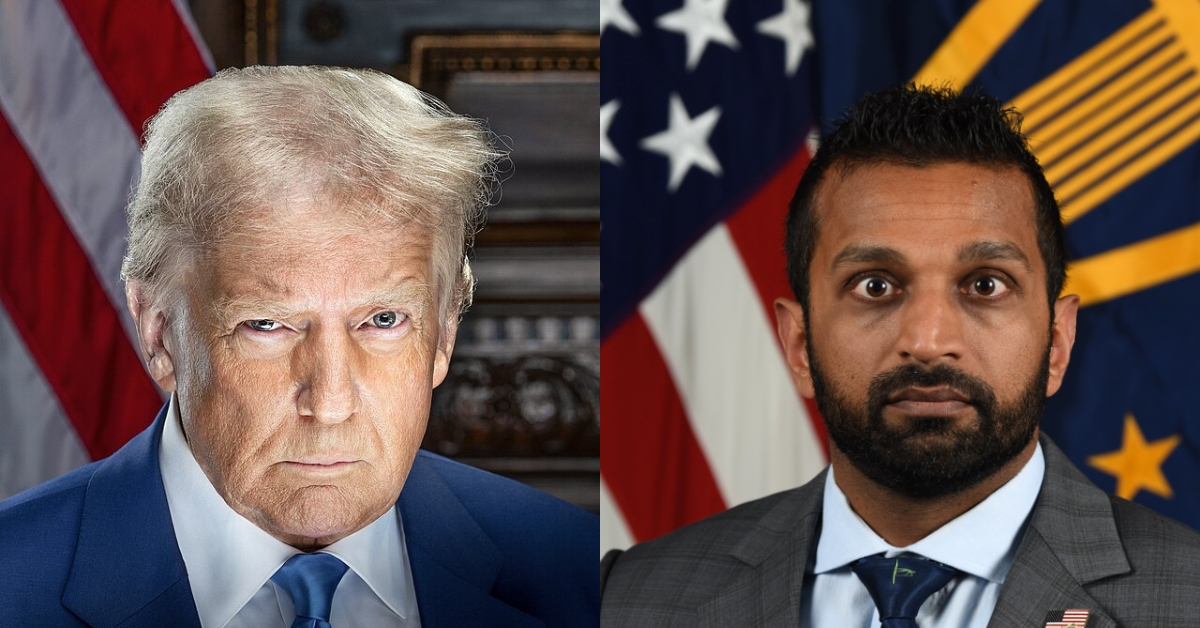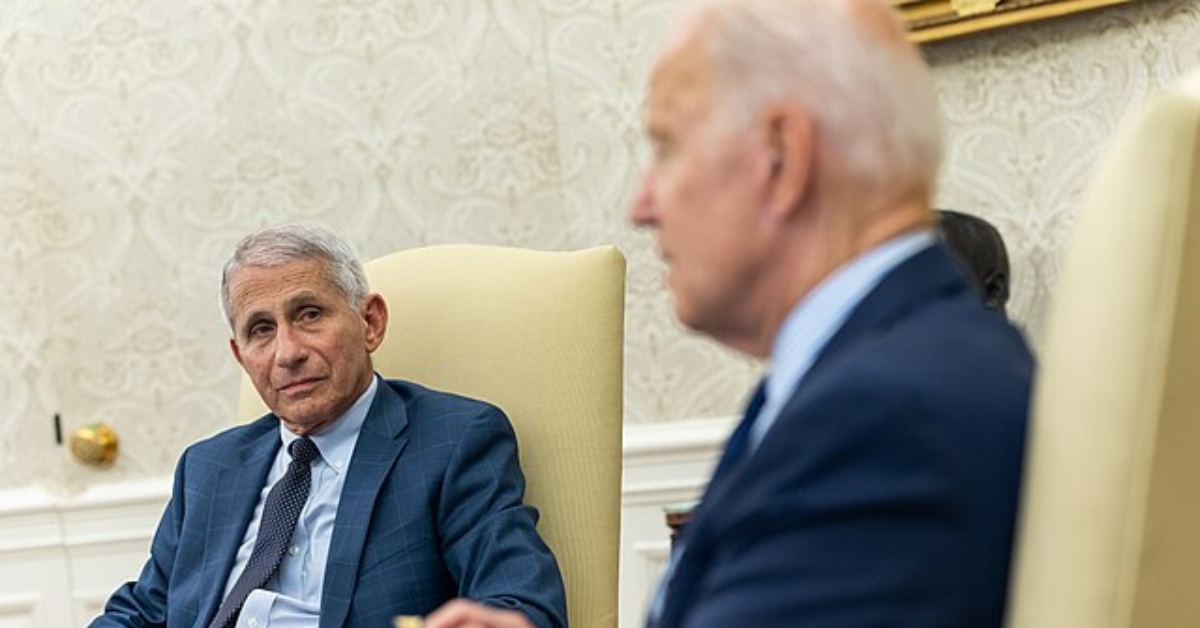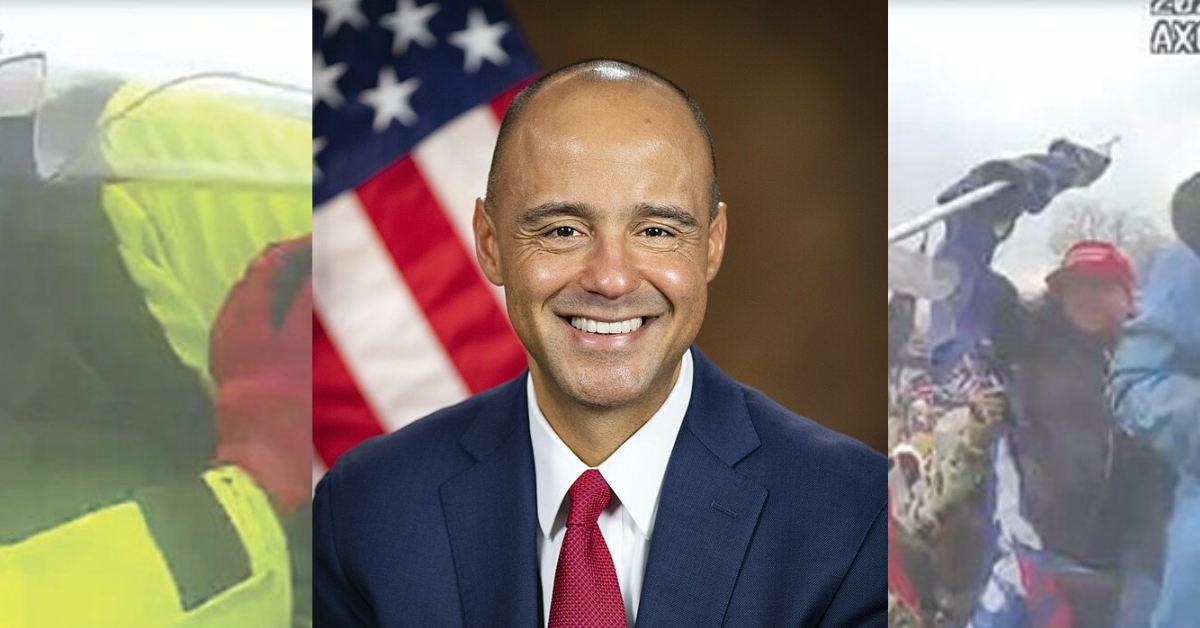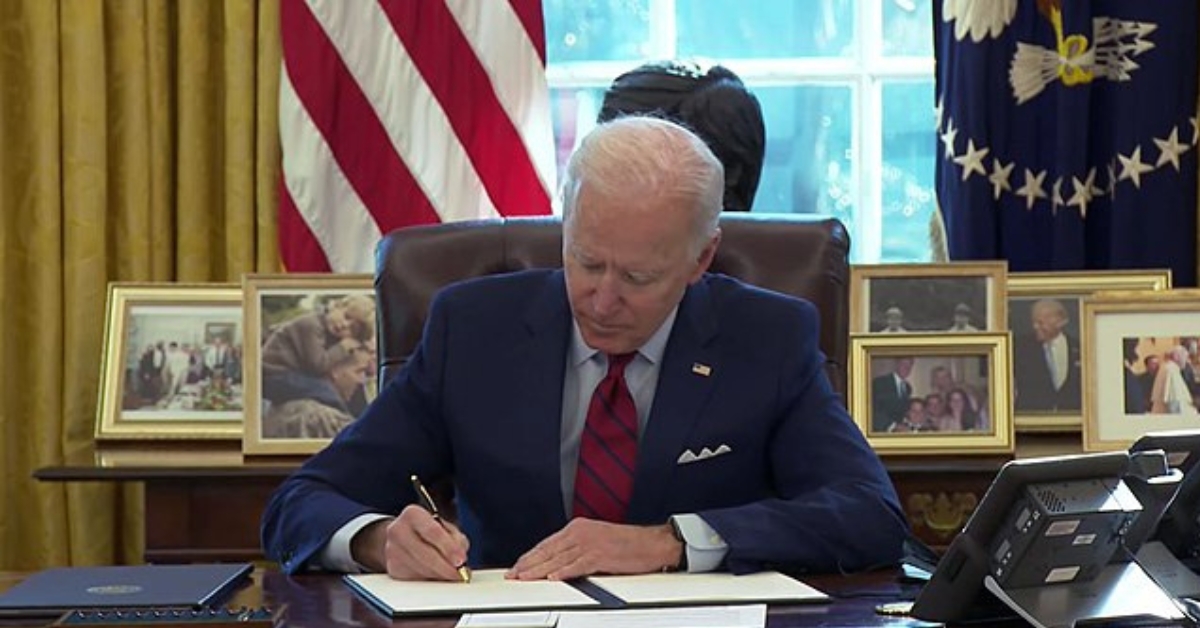
Hunter Biden Associate Confirms a $3M Chinese Payment After Joe Biden Left the Vice Presidency
The Congressional testimony of Rob Walker, one of Hunter Biden’s business associates, has shed new light on the intricate web of financial dealings involving the Biden family and foreign entities, particularly during Joe Biden’s tenure as vice president. The complicated network of payments and associations raises serious questions about the ethical and potentially legal implications of these arrangements.
Walker’s confirmation that a Chinese firm, CEFC, wired him $3 million as a ‘thank you’ payment shortly after Biden left the vice presidency, is a significant disclosure. The timing suggests a possible connection to his influence and position. The testimony indicates that the Bidens, particularly Hunter Biden, had been working with CEFC before Biden’s vice presidency ended but delayed receiving payments until after his term. This timeline is suspicious and could be interpreted as a strategic move to avoid scrutiny or conflict of interest allegations while Joe Biden was still in office.
Furthermore, the fact that members of the Biden family who weren’t actively working on the CEFC project still received significant payments is troubling. It implies that these payments might not have been solely for services rendered but potentially for access or influence related to Joe Biden’s political position.
Walker’s testimony also highlights the Bidens’ involvement with Romanian oligarch Gabriel Popoviciu. The payments from Popoviciu to the Bidens, beginning in 2015 and continuing throughout Joe Biden’s vice presidency, again raise concerns about the intertwining of private business dealings with public office. Hunter Biden’s lobbying efforts with the U.S. Ambassador to Romania on Popoviciu’s behalf is particularly disturbing. Most concerning, however, is the fact that while Hunter Biden was receiving payments from Popoviciu, Joe Biden was leading the United States’ anti-corruption efforts in Romania.
The case of Hunter Biden’s involvement with Ukrainian energy firm Burisma Holdings, as described by Devon Archer, further adds to the pattern of questionable business dealings. The reference to the Biden family “brand” protecting Burisma while Hunter was a board member points to a potential misuse of political influence for personal benefit.
As these revelations come to light, it’s crucial to maintain a focus on the core issues at hand: the potential conflict of interest, the use of political influence for personal gain, and the ethical implications of such dealings. The scheduled testimony of Hunter Biden on February 28 may provide additional insights into these complex and potentially problematic relationships. This testimony, and the ongoing investigations, will be critical in determining the extent of the Bidens’ entanglement with foreign businesses and the potential ramifications for American political integrity and trust in public officials.
